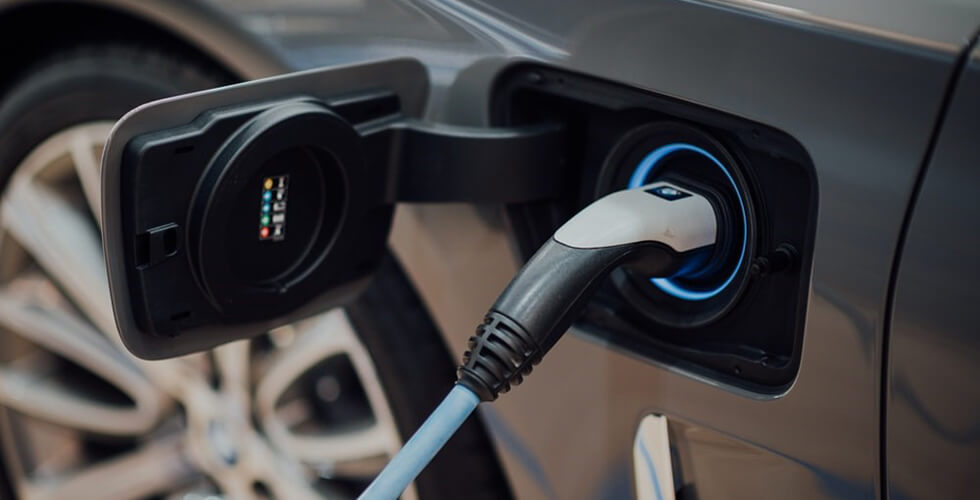There has been an evaluation in the automobile industry with relatively standardized concepts emerging like hybrid vehicles that work on both electricity and gas. The major players have already entered into this niche segment globally, like Nissan Leaf, Tesla Model S, Ford Focus Electric, and Chevrolet Volt. When we analyze the scenario in the Indian market, the automobile industry is absorbent to plunge into the EV segment. At present the Indian automobile market has actively applied this niche idea. On the competition front, each automobile player fights out to reign over the others by offering competitive pricing structures and a variety of benefits. The major benefit that the EV segment offers range from its conveniences to no emissions, cost-effectiveness due to competitiveness in the niche market, low maintenance, easy driving, etc. However, there are certain challenges to entering into the Electric Vehicle domain like tech spending, pricing pressure, recharge points, electricity charge, etc. With this, automobile players may get over certain complexities prevailing in the industry like longer range time, and short driving range with speed to compete with each other to make the segment more competitive.
The past revenue is bifurcated into various categories like diesel, petrol, hybrids, EV, etc. which clearly states how automobile players in India see this niche market as the core of their offerings. The EV segment is not only apt and alternative to the options specified above, however, but it also postulates on the fuel consumption front, where per distance travelled is estimated to be Liter/100 km per vehicle. Globally, the Electric Vehicle manufacturing major Tesla recorded good results in the recent quarter which is beyond the expectation of investors while EPS stands at $1.86 comparatively $1.59 last quarter whereas the top-line stands at $13.76 billion increased by 0.95% which clearly shows how companies worldwide have started deep-diving exercise to offer the valuable benefits to people around the world. The Electric Vehicle segment is moving into the spotlight where it registered the combined annual sale of – battery electric vehicles and plug-in hybrid electric vehicles increased by over two million vehicles for the first time in 2019 according to Deloitte. Of course, the anticipated milestone might have sprawled over the economic uncertainty. And not only that, the EV concept has changed the consumers’ priorities and perceptions of the automobile segment. From the analytics perspective, the global electric vehicle market was valued to the tune of $162.34 billion in 2019 alone which is projected to be around $802.81 billion by 2027 with a 22.6% CAGR. North America alone is estimated to reach in the range of $194.20 billion by 2027 registering a 27.5% CAGR. On the contrary, Asia-Pacific and Europe when combined accounted for 74.8% in 2019 wherein Asia-Pacific significantly registered 52.3% share. There are existing players in Indian markets that come with EV options namely, Hyundai, TATA, and Mahindra among others offering into the niche segment.
The upcoming scenario in India looks attractive as the Electric Vehicle market is on the rise with new models are expected to be on the Indian road soon. From a global perspective, the niche segment will transform the automobile industry. However, the relatively new concept of EV offers a thematic approach amongst the investor community worldwide to invest in this niche segment.
The author was the Co-fund Manager & Research at UpperCrust Wealth Pvt. Ltd. He is having more than 15 years of experience working in the FP&A domain on various industry verticals.

